CT Angiogram Scans
Heart Care, Your Welfare
CT Angiography; Imaging Blood Vessels
CT Angiography is a medical diagnostic technology that scans and images blood vessels by employing advanced Computerized algorithms.
Recent advancements in medical diagnostics have paved the way for diagnosing the human body with just a single scan. From scanning the human body’s blood vessels to diagnosing the issue, CT Angiography gives a clear insight into blood flow patterns. Unlike traditional angiography, a ct scan angiogram is a non-invasive and safe procedure. ViaScan of Las Colinas offers trustworthy and reliable CT Angiography in Irving, TX.
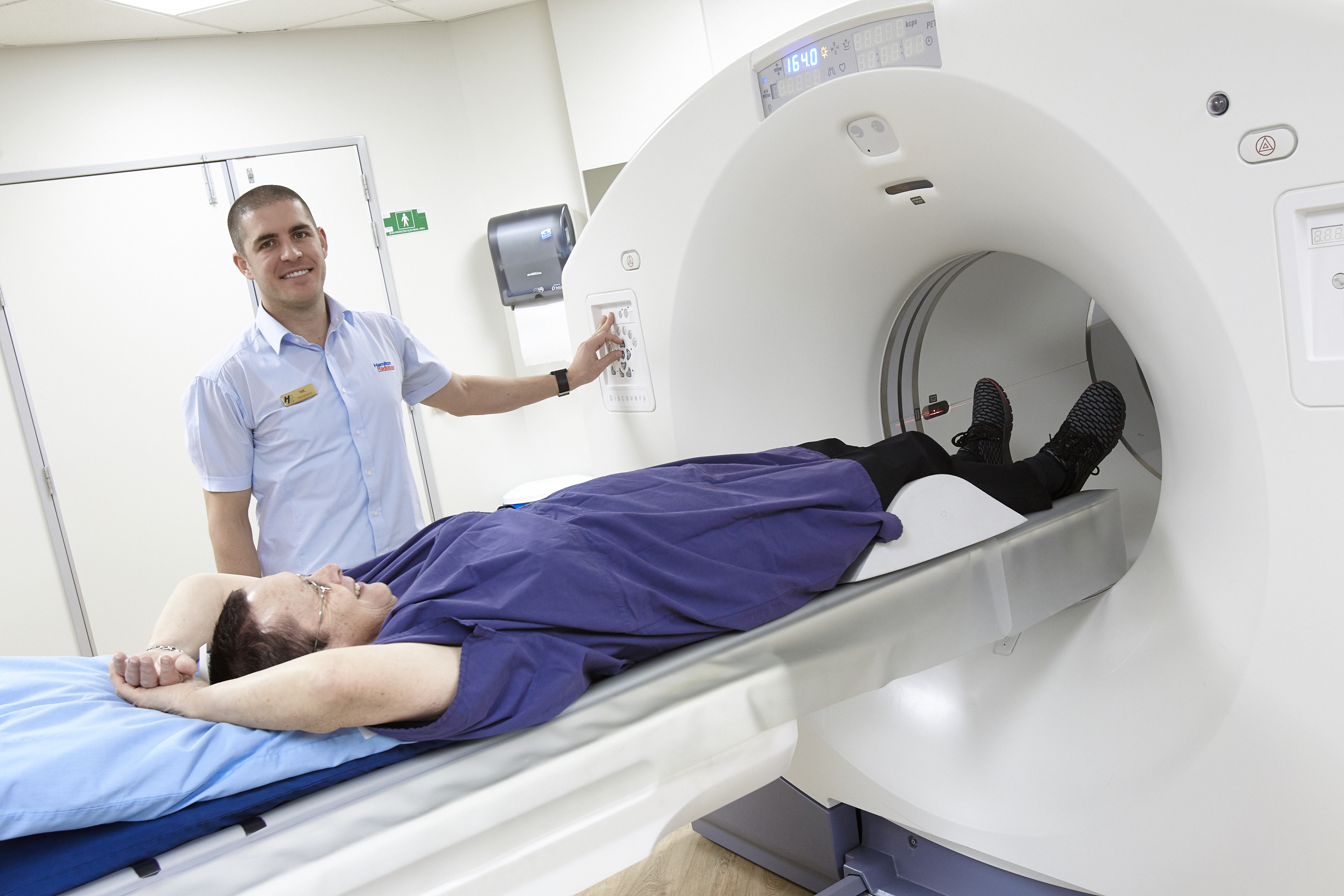

Understanding CT Angiography
Without the need to use catheters in the blood vessels, a virtual angiogram is a non-invasive method. During ct angiogram, blood vessels are injected with some contrasting dyes. This will not only enhance the visibility of blood vessels but also assist in clear imaging.
When is a virtual angiogram needed?
A virtual angiogram provides insightful information about blood flow and any abnormalities.
A Heart CT Scan is performed,
1. To scan an artery in which plaque is detected.
2. To visualize the size of the blockage.
3. To detect the aortic aneurysms.
4. To diagnose congenital heart defects.
5. To assess pulmonary embolisms.
6. To detect any vascular injury.
7. To verify that stented arteries are open and functioning properly.
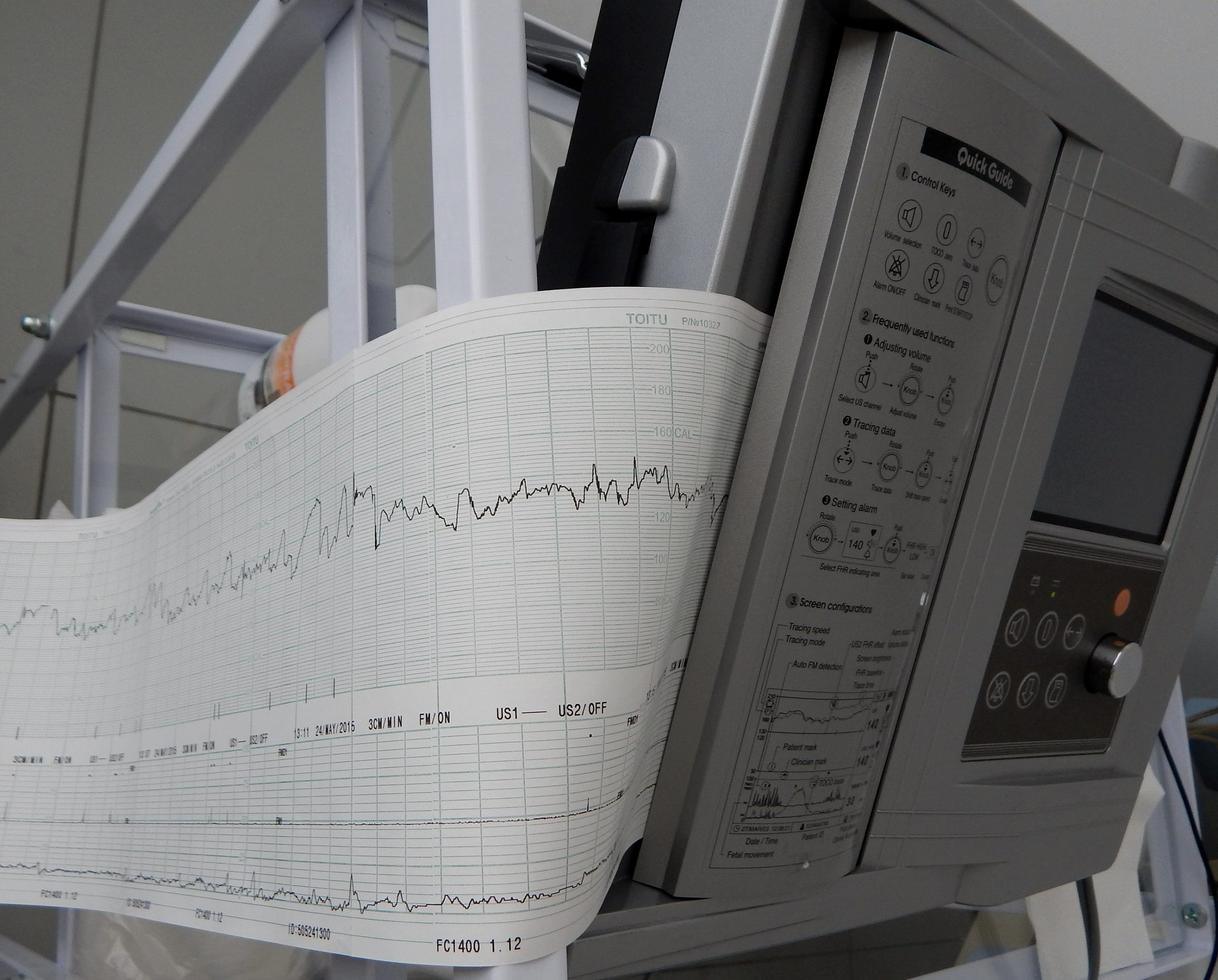

How is a ct coronary angiogram performed?
1. Patients are instructed not to eat for at least a few hours before the scan.
2. A contrasting dye is then injected that will flow throughout the blood vessels, making them more visible for the scan.
3. The patient is then allowed to lie on the table, which is then inserted into a donut-shaped CT scanner.
4. X-rays from different angles are emitted, passed across the patient’s body, and detected by the detectors.
5. By utilizing algorithms, a computer will generate detailed cross-sectional images of the angiogram scan.
6. These images empower radiologists and other professionals to examine and analyze the blood flow. Not only the structure of blood vessels but also the intensity of blockage can be evaluated through a ct angiogram of heart.
How much does an angiogram cost?
From diagnosing the blood vessels to generating high-resolution 2D and 3D images, ViaScan offers the services of virtual angiogram scans at an affordable cost. Explore CT angiogram near me for comprehensive cardiac health assessment.
Contact us or visit our website to learn more about ct coronary angiogram costs.
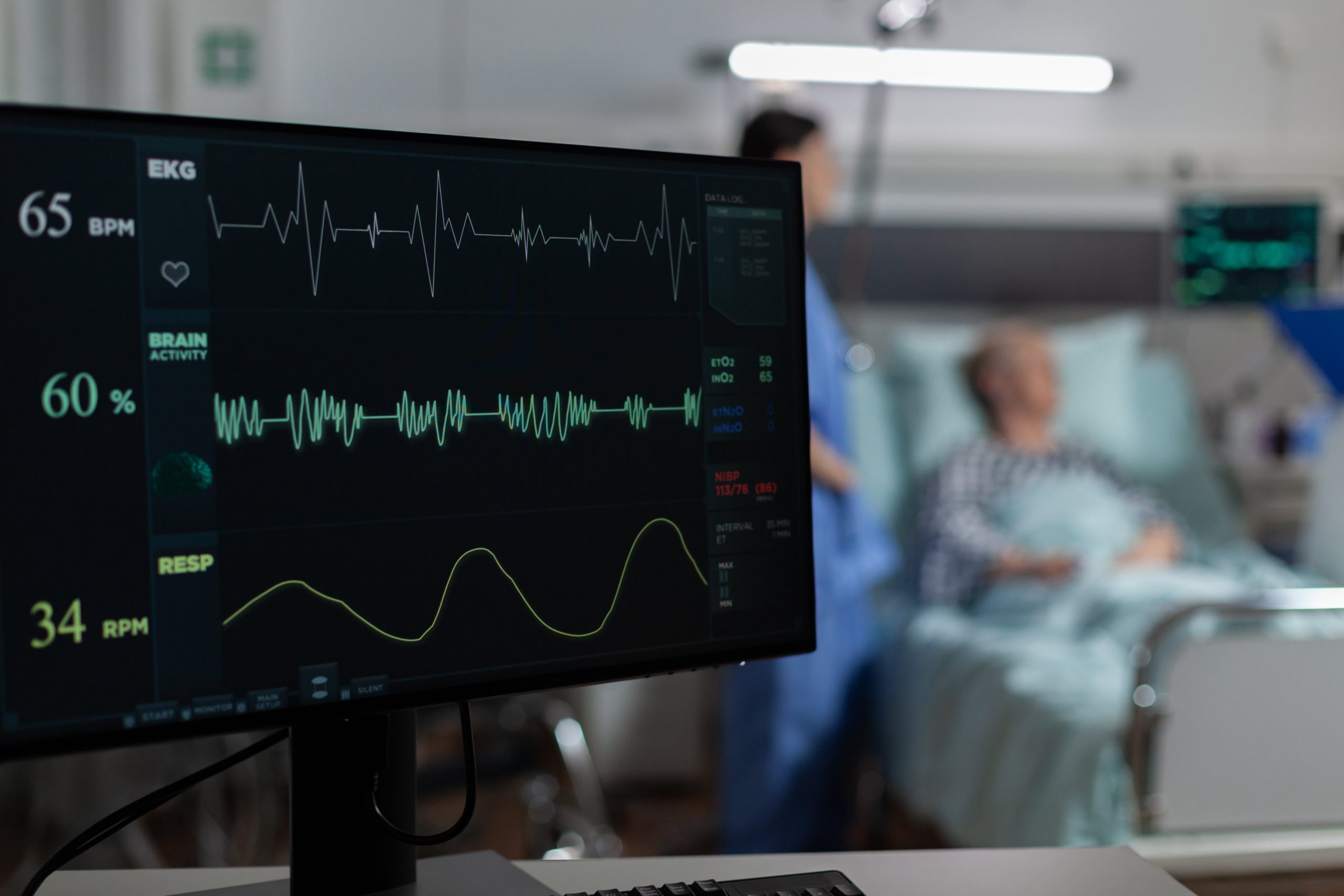
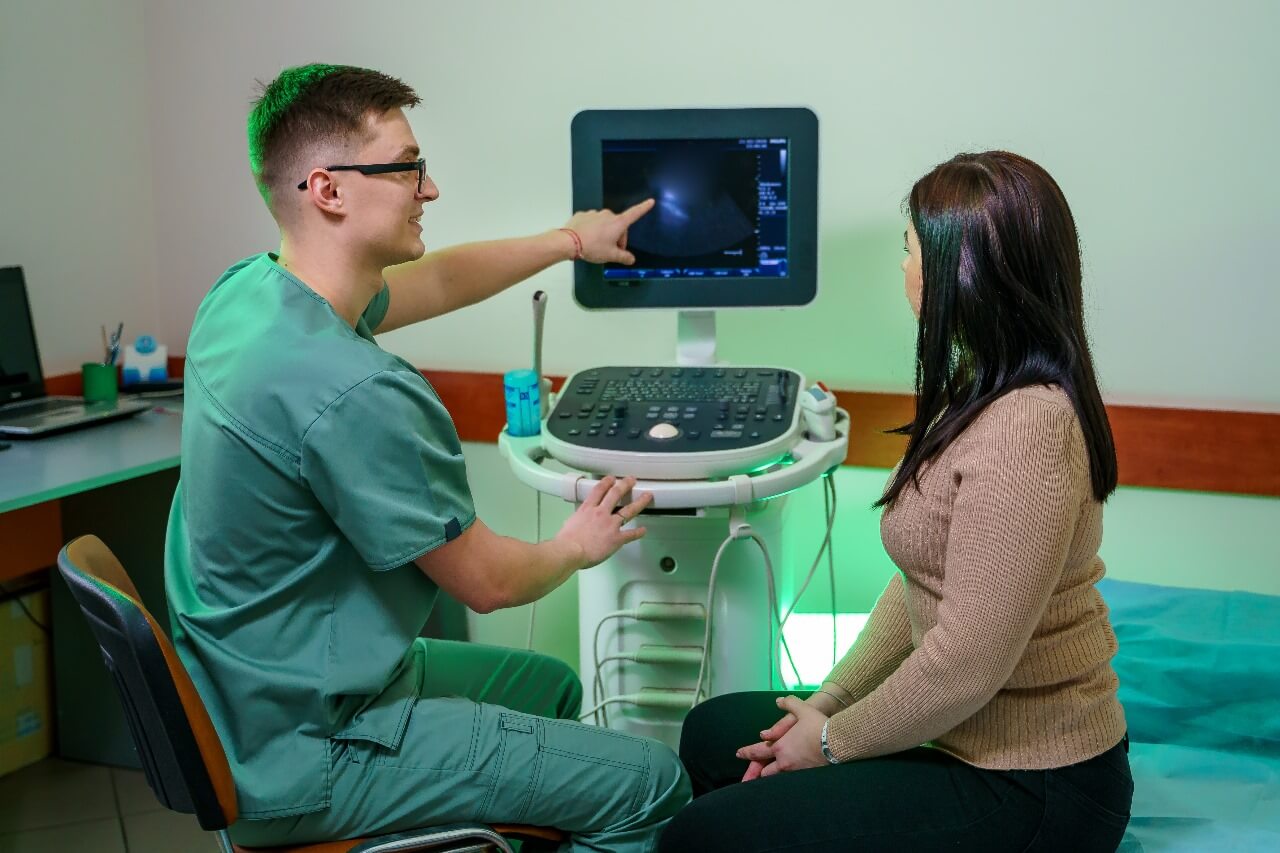
Advantages of ct angiogram scan
Unlike traditional angiography, a CT angiogram has various advantages.
1. Risk-free and non-invasive.
2. Clear and high-contrast images
3. A fast diagnosis ensures on-time medical treatment.
4. Reduced radiation doses.
5. Low risk of infections.
How can I interpret a coronary ct scan?
To interpret a coronary CT scan, you must have complete knowledge of the heart anatomy and coronary blood vessels. A heart CT scan generates cross-sectional images of the heart and blood vessels. Images from different angles and orientations allow for detailed evaluation.
Once you receive your results, it is crucial to consult a radiologist for a clear interpretation. Trust your cardiologist, and feel free to ask for a detailed explanation. On top of it, you can also request a CD for scanning for your own peace of mind.
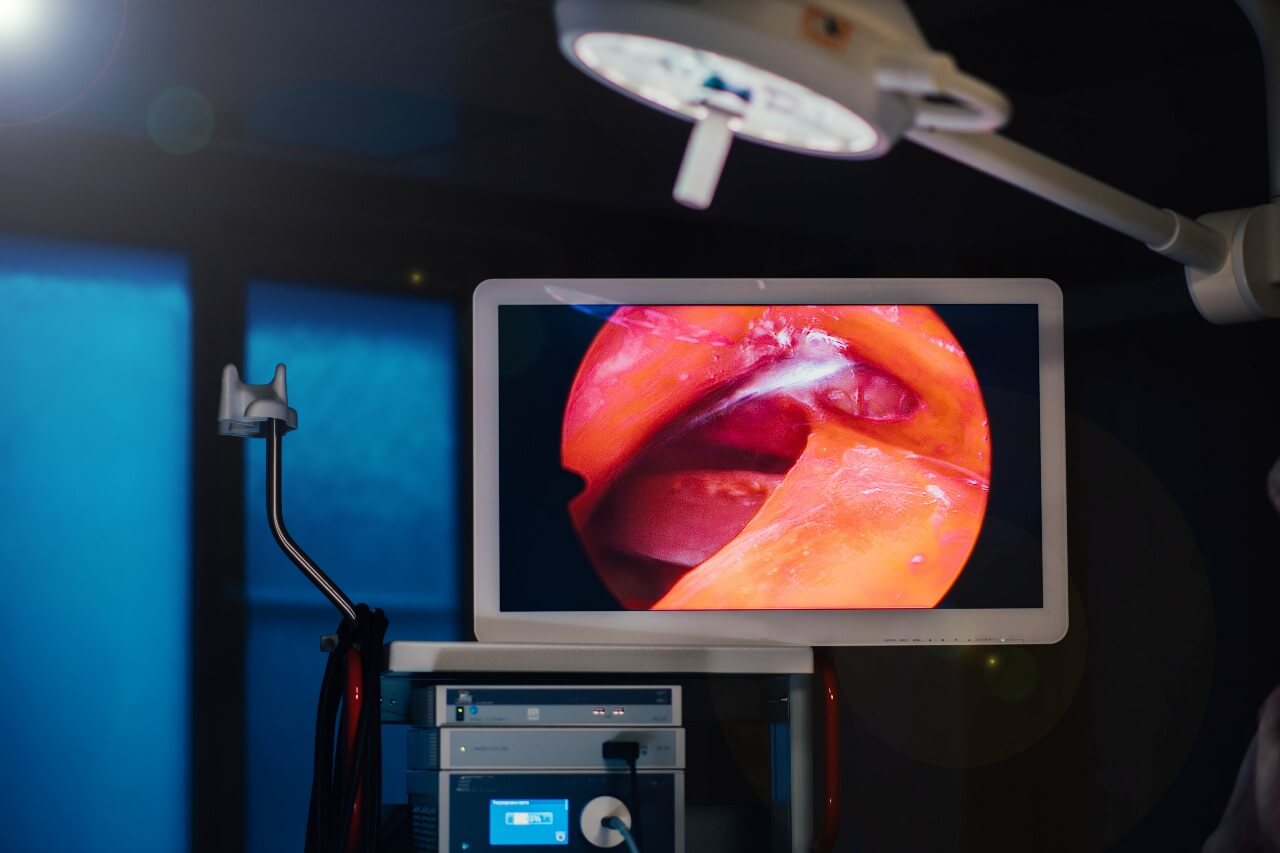
FAQs
- What is a CT angiogram?
- What is the difference between a CT scan and a CT angiogram?
- What is a CT angiogram of the heart?
- What is a CT coronary angiogram?
- What is an angiogram CT scan?
- How much does an angiogram cost?
- How accurate is a CTA of the heart?
- How long does a CT angiogram take?
A CT angiogram is a diagnostic technique to visualize and examine the blood vessels. Computerized tomography is employed to detect artery injuries, blood flow patterns, and artery aneurysms. High-resolution images assist radiologists in quickly diagnosing the issue.
A CT scan is usually performed to analyze the internal structures, bones, and organs by utilizing computerized tomography. On the other hand, a CT angiogram specifically scans the blood vessels throughout the body. A contrasting dye is injected into the blood vessels to highlight the blood flow in the vessels.
A CT angiogram of the heart is typically used to assess and evaluate the blood flow in the coronary arteries. To detect and diagnose any vascular abnormality and to evaluate the proper functioning of stented arteries, a CT angiogram is performed.
A CT coronary angiogram is performed to visualize the coronary arteries. It is a non-invasive procedure to evaluate the oxygenated blood flow towards the heart. To evaluate coronary heart disease, a CT coronary angiogram provides accurate results.
An angiogram CT scan employs computerized tomography imaging protocols to assess the blood vessels. A contrasting dye, such as iodine, is usually injected to make the blood vessels more visible. This will allow radiologists to diagnose any vascular conditions, such as injured arteries or embolisms.
Depending on the type of angiogram and the severity of the disease, the cost of an angiogram varies.
A CTA is performed to evaluate and assess the heart conditions. ViaScan offers CTA that accurately identifies the narrowing of blood vessels, their intensity, and the number of blockages. To accurately diagnose the severity of the disease, a CTA is a fascinating tool.
Depending on the complexity and severity of the issue and the type of angiogram, a CT angiogram may take 20-30 minutes.

